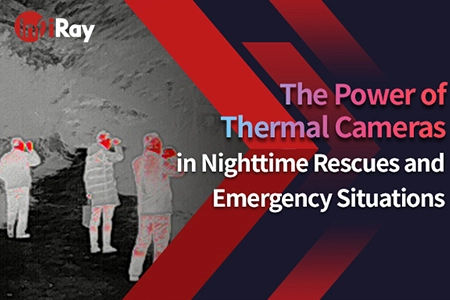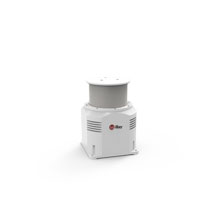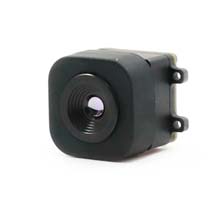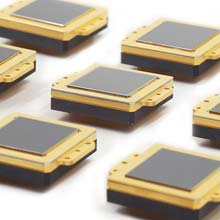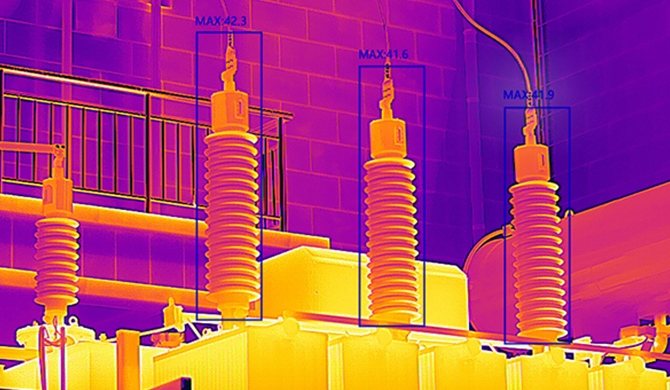Infrared Camera Surveillance in the Dark
Infrared camera surveillance may be a wake-up call for you: You may associate infrared camera surveillance with high-tech video technology. So, should you install infrared camera surveillance in your home? Thermal imaging equipment can be a great asset to your home security setup. Infrared camera surveillance is best known for its ability to produce accurate video footage using night vision technology. So how do these security cameras actually work?
1. About infrared camera surveillance
Infrared rays are heat waves - also known as thermal radiation - emitted by all living things. Therefore, any person or animal moving in and around your home will emit some thermal radiation. Infrared camera surveillance (or thermal imaging camera, depending on what wavelength your security camera model actually measures) is able to detect this thermal radiation and trace the contours of the entity emitting it. So this means that infrared camera surveillance in your home will be able to detect the silhouette of anyone in your home, even at night. The result will be an accurate thermal image, created by your infrared camera's high-tech image capture technology.
Thermal imaging cameras do not use a flash for nighttime thermal imaging. This means that your IR camera surveillance forms a subtle but effective part of your home security system. They will consistently capture thermal images of what's going on around your home while remaining relatively unnoticed. However, you can enable a flash on an infrared home security camera to produce a more accurate black-and-white thermal image.
2. Infrared camera surveillance: night vision
One of the main advantages of infrared camera surveillance over standard CCTV home surveillance cameras is that they can accurately record security images during dark hours. Therefore, infrared camera surveillance enables you to have 24-hour security monitoring of your property. Many homeowners prioritize recording nighttime security footage of areas inside and outside their properties. If you're looking to improve your home's nighttime security, installing infrared camera surveillance can be a very effective measure of your home security system.
But what about your indoor home security system? Infrared works well there too. In the event of a nighttime break-in in your home, thermal imaging may be essential to capture accurate video evidence of the intruder. With high-resolution thermal images, you can provide police and your home insurance company with vital evidence of intrusion.

 français
français  Deutsch
Deutsch  Español
Español  italiano
italiano  русский
русский  português
português  العربية
العربية  日本語
日本語  한국어
한국어  magyar
magyar 






